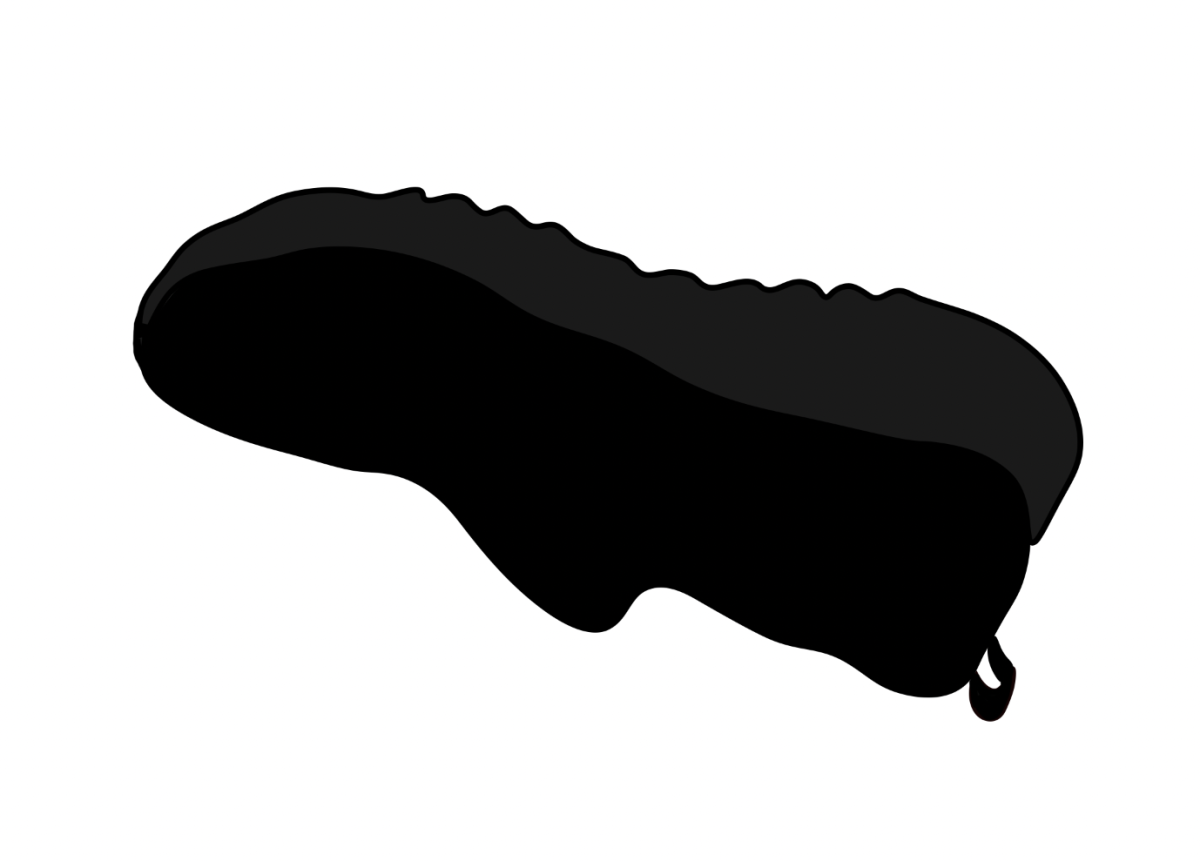I hated cross country.
I hated the sharp burning in my lungs each time I breathed. I hated the cramps and the stiffness in my muscles after each race. I hated the nausea that emerged as I became more and more fatigued, and most of all, I hated that I had to keep running as if every inch of my body wasn’t in sharp pain.
Ironically, running was one of my strongest talents in sixth grade;, that was the reason as to why I joined cross country in the first place. Consistently placing in the top ten for every meet of the season, I even briefly considered pursuing the sport seriously. But at the same time, somewhere along the road, I began to realize that my heart was never into the sport.
During and after each race, I couldn’t help but feel a disconnect between my ranking and the lack of satisfaction that came after it. I would normally have felt proud of myself if I found out that I had a talent for a sport, especially one as well-known as cross country, I was forcing myself to continue running despite my hatred for it. On the other hand, continuing to run cross country felt disingenuous to who I was because I was forcing myself to continue running despite my hatred for the sport.
Don’t get me wrong, I didn’t hate the cross country team or its athletes. In fact, I had the utmost respect and admiration for my teammates because of how everyone seemed to find a sense of fulfillment in something I couldn’t find a shred of enjoyment in. It took a special determination to excel and enjoy such a grueling sport, and at that point, I was fully aware I just wasn’t cut out for it.
I quit cross country for good the following year, largely because there was a sport that I cared about much more and was willing to put my all into: badminton. Badminton truly resonated with me. While my time in cross country consisted of long, endurance-focused races, badminton’s fast, adrenaline-fueled gameplay was my favorite aspect of the game.
While I was certainly passionate about badminton, I wasn’t the best at it, but I didn’t even have to be good or rank high to feel a sense of fulfillment or accomplishment. A beautiful winning shot, a correct prediction or even learning a new technique all felt significant. There were many aspects of the sport that I loved, but above all, I finally felt proud of my efforts and accomplishments, no matter how small they may be.
This passion was a huge factor in my decision to continue playing — not only did I have a newfound drive to improve at badminton, but even small aspects such as learning new techniques helped me find fulfillment beyond shaving a few seconds off my time or improving my placement in races. I enjoyed badminton with all my heart, and it was this passion that turned the sport from a mere pastime to something I could see myself playing for the rest of my life.
While my disdain for cross country was at this point a subject of the past, I still occasionally hear cases of my peers sticking to extracurriculars that they hate to their cores. Whether their involuntary participation is a result of parental or peer pressure, by examining someone’s attitude and overall performance, it usually isn’t difficult to distinguish individuals with passion from those without it.
I’m not saying that it’s impossible to achieve great things without passion, but I strongly believe that the sense of fulfillment that we all strive to achieve through our hobbies is tightly intertwined with the passion we feel for that activity. Without passion or interest, all accomplishments bring forth a feeling of hollowness rather than the rush of ecstasy that we hoped for — — it’s difficult to feel a sense of pride from all of the collective effort put in if you just never cared in the first place.
I’ll admit it’s unfair to compare quitting after two years of cross country to quitting with ten years of collective piano experience, but it just doesn’t make sense to give up on searching for something you’re truly passionate about.
In all honesty, hating your hobby isn’t even that bad; it’s still possible to find some redeeming qualities in an activity you hate. It could be the strong communal bonds or friendships you form that help make even the most unbearable of pastimes bearable. It could be through finding joy in the little things, such as learning new techniques, or flashy tricks.
Most importantly, It’s not about quitting what you dislike — it’s about actively pursuing what you love. To this day, I have no regrets about pursuing badminton. After all, only after deciding to commit to badminton did I finally realize that it was passion that was the most important ingredient to a lifelong hobby and it was the best form of perseverance that I could’ve ever wished for.







